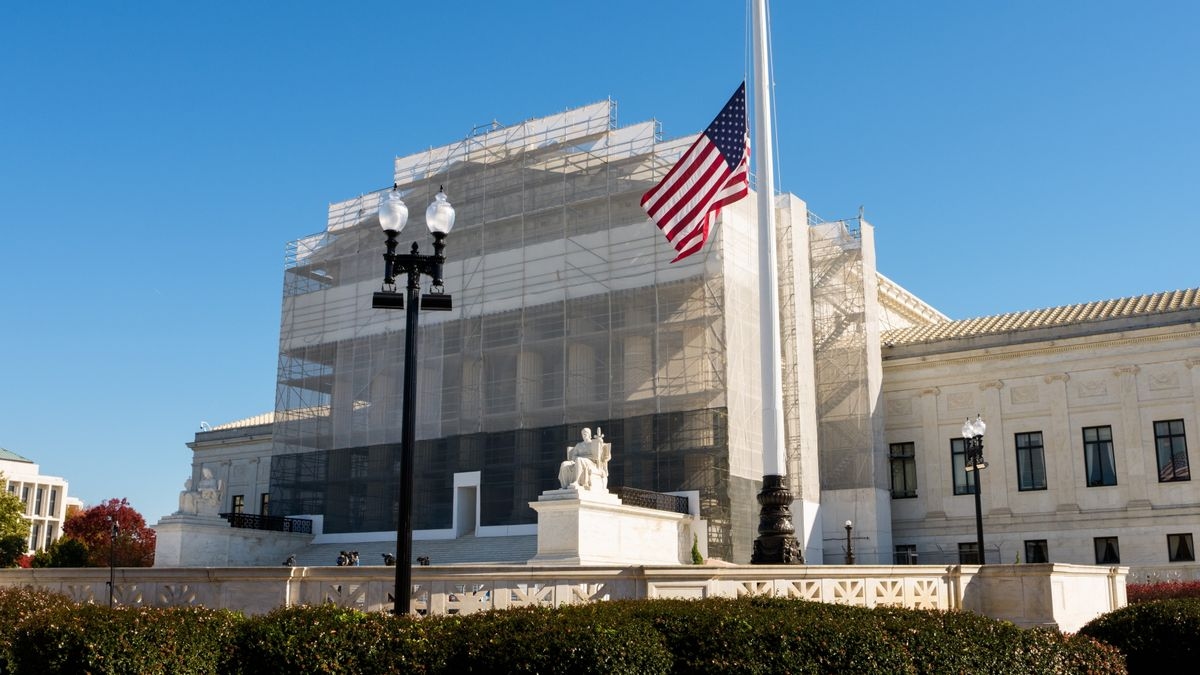Shortly before the official start of the COP30 World Climate Conference in Brazil, dozens of heads of state and government will meet on Thursday and Friday for a summit to discuss curbing global warming at the highest level.

Heads of state are meeting in Brazil to discuss climate protection
Among those traveling to the meeting in the metropolis of Belém in the Amazon region are German Chancellor Friedrich Merz (CDU), French President Emmanuel Macron, and British Prime Minister Keir Starmer, as well as the heads of the EU and the United Nations. Merz is not expected to arrive in Belém until Friday morning.
From the perspective of the Brazilian hosts, the early summit is intended to give a boost to the two-week UN climate conference. COP30, with tens of thousands of participants from around 200 countries, officially begins on Monday. President Luiz Inácio Lula da Silva speaks of a "COP of truth" that should deliver tangible results. However, the political climate is harsh: wars and conflicts dominate the headlines, and the USA, under President Donald Trump, one of the largest emitters of climate-damaging greenhouse gases, has withdrawn from the Paris Climate Agreement and is not represented at a high level in Belém.
At the summit of heads of state and government, which 143 delegations have announced their attendance, the official launch of a new, multi-billion-euro fund for the protection of tropical forests, which, as the planet's "green lungs," stabilize the global climate, is expected. Brazil has expressed its expectation in the proposal that Germany will also participate.
The Brazilian government is proposing a new model: countries that preserve their tropical forests will be rewarded. After an initial start-up phase, the fund could distribute around four billion US dollars annually – almost three times the current volume of international forestry aid.
Specifically, this means that, according to the plan, states that preserve valuable tropical forests will receive a premium of US$4 per hectare per year from the fund. Conversely, they would have to pay a penalty of US$140 for every hectare destroyed. This would be verified using satellite imagery.
Time is running out: Years ago, 140 countries set the goal of completely halting deforestation by 2030. However, according to the environmental organization WWF, almost seven million hectares of primary forest were lost in 2024 alone.
A joint call to action for international forest fire management is also planned. In addition, Brazil is promoting its sustainable fuel initiative, aiming to quadruple its production and use by 2035. Furthermore, a declaration on combating hunger and poverty and promoting climate protection is also on the agenda.
ad-hoc-news



